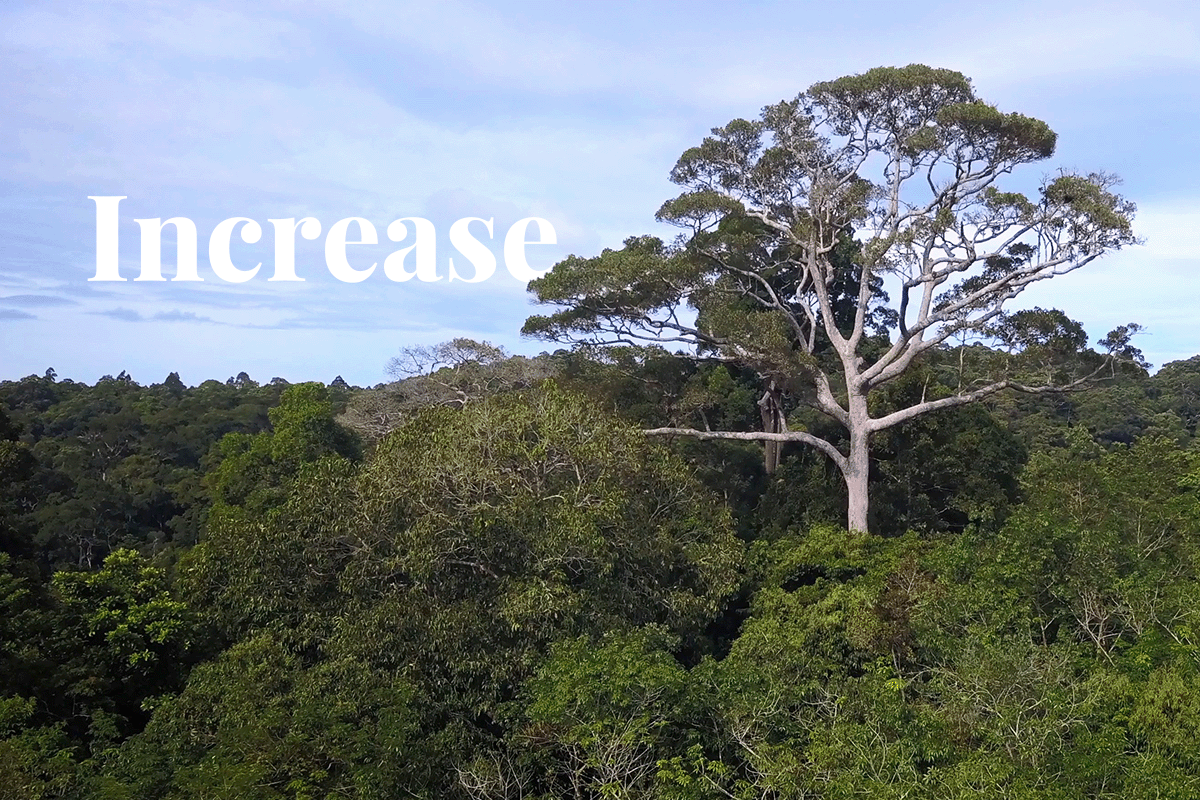According to Transparency Market Research, a global market research company, the global carbon trading market is set to grow at a significant compound annual growth rate (CAGR) of 19.0% from 2023 to 2031. By 2031, the market is expected to reach a valuation of $4.8 trillion, a substantial increase from its value of $1.0 trillion in 2022.
 A tall tree growing above other trees in a deciduous forest.
A tall tree growing above other trees in a deciduous forest.
The primary drivers behind the growth of the carbon trading market are the implementation of environmental regulations and policies that impose restrictions on greenhouse gas emissions. Governments and regulatory bodies set emission reduction targets and establish caps on emissions, thereby creating a demand for emission allowances. These policies also provide a regulatory framework for carbon trading. Advancements in technology and innovative solutions in various sectors like energy efficiency, renewable energy, and carbon capture and storage are also expected to drive the market’s forecasted demand.
Read more: The rising demand for nature-based credits
Various entities are actively participating in the carbon trading market, including companies like 3Degrees, Anew Climate, BP PLC, C-Quest Capital LLC, EKI Energy Services Ltd, Finite Carbon Corporation, Forest Carbon, GECA Environnement, Native Energy, Shell, South Pole, and Terrapass. These players are engaged in mergers, acquisitions, and collaborations to expand their business lines and explore opportunities in the evolving carbon trading landscape. For instance, Shell and BP, major oil and gas companies, have invested in renewable energy projects, carbon capture, and storage initiatives and have participated in carbon offset projects to align their strategies with a low-carbon economy transition.
Read more: Global carbon credits market projected to surge up to $143.5 billion, according to new report
Moreover, a price on carbon emissions, implemented through carbon taxes or cap-and-trade systems, plays a vital role in driving the carbon trading market. This approach provides a financial incentive for companies to reduce their emissions and invest in low-carbon technologies, encouraging them to trade emission allowances to optimise costs and compliance. Additionally, the growing interest of investors in environmental sustainability and environmental, social, and governance (ESG) criteria has influenced the market. Investors are increasingly considering a company's carbon footprint and emission reduction strategies when making investment decisions, further contributing to the demand for carbon trading.
Measure your company’s carbon footprint
Overall, the carbon trading market is expected to witness significant growth in the coming years due to the increasing global focus on emissions reduction and the transition to a low-carbon economy. Voluntary carbon offsetting, the adoption of carbon trading systems and pricing mechanisms, along with investor interest in ESG-aligned investments, are likely to drive the market's expansion and shape the future of carbon trading.
The potential for growth in the carbon market is enormous, and DGB Group is at the forefront of this movement, setting a precedent for transparency and accuracy in the carbon credit market. DGB helps businesses, investors, and individuals reduce their carbon footprint and contribute to a greener, more sustainable future through accessible and transparent solutions. The carbon and biodiversity credits generated by our high-quality nature-based projects can help you reach net zero and meet your ESG goals.
Start your sustainability journey with DGB

